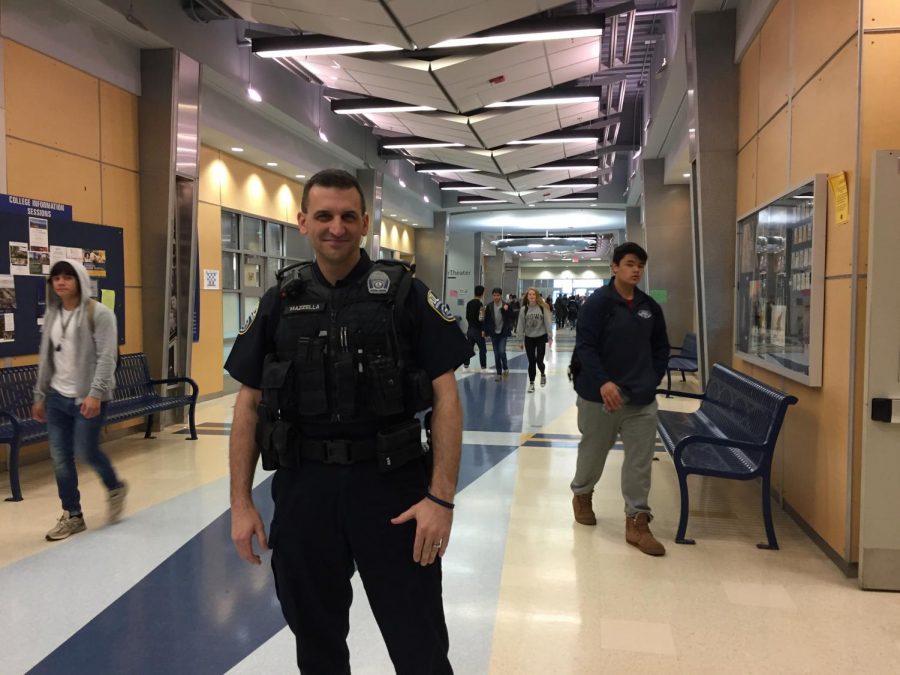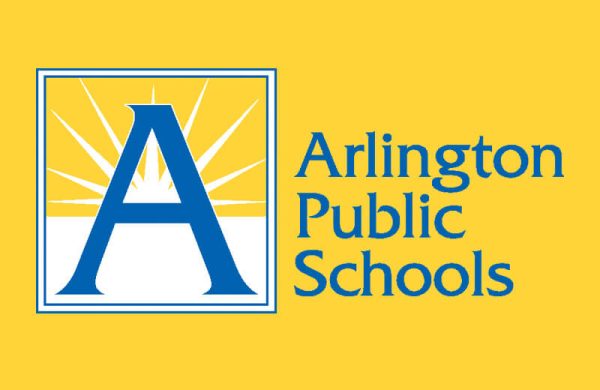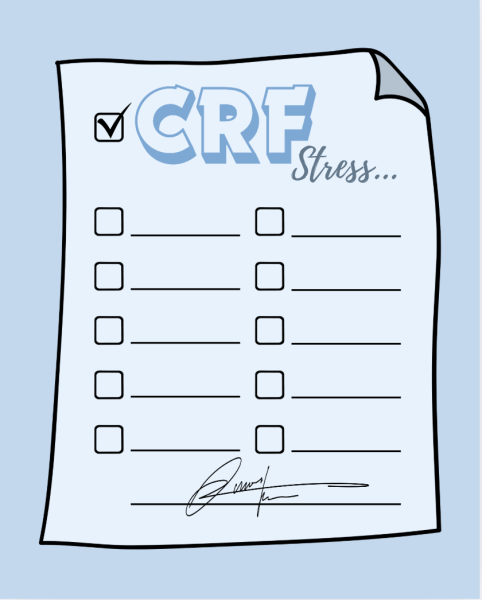Schools take action against student crime
Resource officers make an effort to educate the public.
Information about student crime on Arlington Public Schools (APS) property is now being released by the Arlington County Police Department (ACPD) on Nextdoor, a neighborhood social networking website. The publication of arrest statistics is a new community outreach tactic being tested the department.
“Due to the concerns of many of our parents and the community, the department is trying to keep you informed by providing some information on the issues we face with our youth, mainly the drug use that is a concern for our whole nation,” Lieutenant Susan Noack said in a December post on the site.
When an incident occurs at the school, the involved student is issued a Virginia Uniform Summons, which serves as the arrest. Parents are informed before an arrest is made, and students will generally go on to finish the school day. However, very few students are ever made to leave the school in handcuffs.
“The student is handed [the summons], and that’s technically an arrest, because there is an official charge that has the potential to go to detention or jail,” School Resource Officer (SRO) Marc Mazzella said..
Students who have committed a drug or alcohol-related offense for the first time may be sent to APS’ Second Chance Program. During the program, students are excused from school for three days to take classes on the dangers of drugs and alcohol. Parents of Second Chance students must go to a three-hour session of their own, and parents and students together go to another three-hour session 45 days later. After successfully completing the program, the student’s public record is cleared of the offense.
“They’re all referred there, and what happens is once they’re referred, they go to Juvenile Domestic Relations Court in Arlington,” Officer Mazzella said. “They are then evaluated to whether or not their case is appropriate for diversion, and they are then diverted if that’s true.”
Action by the ACPD in relation to student crime is not new to the county. Towards the end of last year, drug-sniffing police dogs were brought into the schools after school hours. “Schools are supposed to be drug-free zones,” Lieutenant Noack said, “and this was just another tool we have at our disposal that we believe would help to ensure that we are maintaining a drug-free zone for our students to learn in.”
One of the biggest efforts that the ACPD has taken to minimize student crime falls on the responsibilities of the SROs, who are assigned to the schools for safety and education purposes. SROs handle crime within their assigned school, and, when invited, also teach classes on subjects such as teen violence, drug and alcohol laws, the legal system and the requirements for maintaining a driver’s license.
“A big part of the SRO’s job is to build relationships with the students and be there a role models and mentors to the students,” Lieutenant Noack said. “We believe that education and mentorship is one of the best way to reduce juvenile crime.”
Aside from the release of APS arrest statistics, ACPD has other outreach programs planned. Communication with parents and community members is something that the department does not take lightly.
“With the current opioid crisis, several meetings at the beginning of the school year were held with the community and APS,” Lieutenant Noack said. “We also hosted a number of ‘Coffee with a Cop’ events at the schools this school year to give parents an opportunity to meet and talk with their children’s SRO.”












